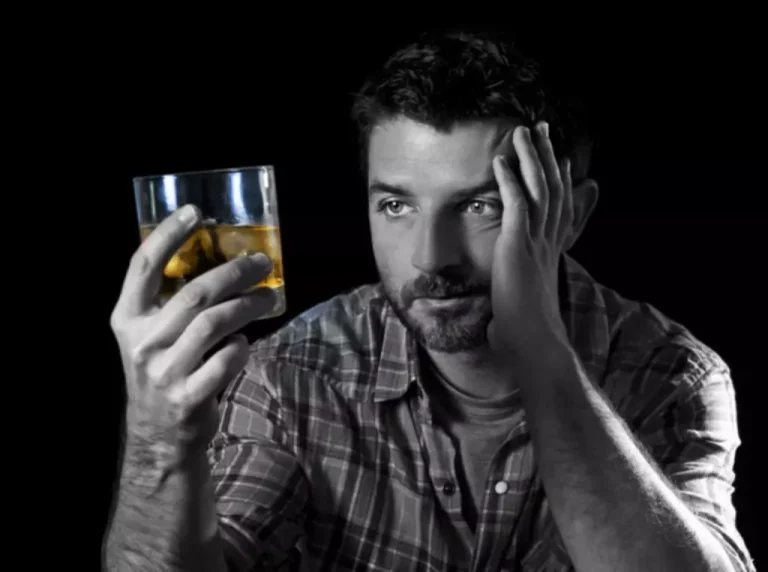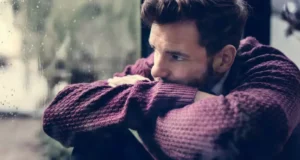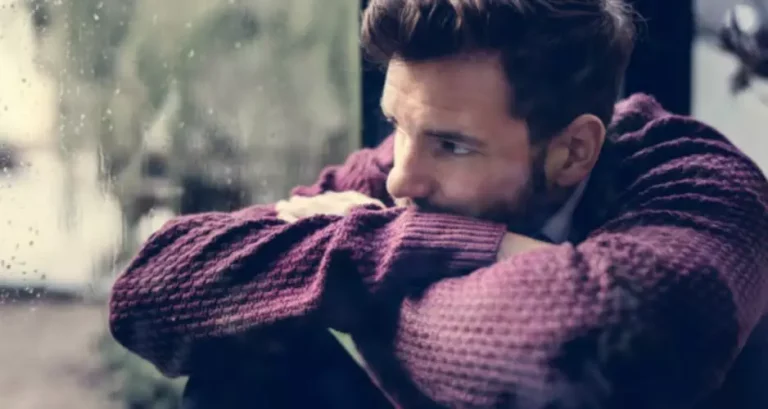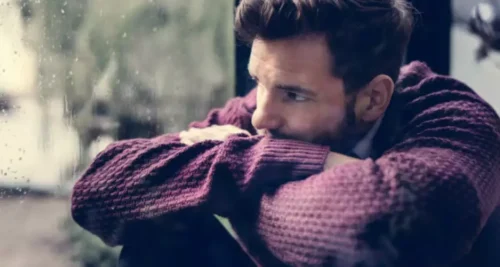
Your primary care provider may or may not be willing to prescribe you naltrexone for cutting back on your drinking if that is your goal. Consider tracking and analyzing your urges to drink for a couple of weeks. This will help you become more aware of when and how you experience urges, what triggers them, and ways to avoid or control them.
Service Keeps You Sober
- Some small clinical studies have shown it can reduce alcohol cravings and alcohol withdrawal symptoms.
- In between drinks, you can have soda, water, or even a non-alcoholic beer or mocktail.
- To overcome urges and not be fearful of them, you’ll need more advanced methods.
- These quizzes help you determine whether you meet the criteria for an alcohol use disorder— the medical term for alcoholism, alcohol dependence and alcohol abuse.
- When you ride out the craving, without trying to battle, judge, or ignore it, you’ll see that it passes more quickly than you’d think.
If you or your loved one is suffering, contact us to learn more about a brighter, sober tomorrow. Cutting back on drinking requires you to be honest with yourself about what makes you want to drink. These are called “triggers” and they subconsciously encourage you to drink alcohol. Set a goal for how many drinks you want to have a week and stick to it. By making a boundary for yourself and sticking to it you will gain confidence and discipline, and that is a big step toward managing drinking. Express your concerns in a caring way and encourage your friend or family member to get help.
Ready to make a change?

In particular, she’s committed to helping decrease stigma around mental health issues. It’s common to experience difficulty when making big changes, but good self-care practices can help you manage overwhelming feelings and take care of your mind and body. What’s most important is to look at your drinking habits and find a way to cut back that works for you. But maybe you’re unsure about quitting completely and don’t want to hold yourself to that goal. The question of how to stop drinking won’t get you far without considering help to stop drinking. Problem drinkers may be able to stop drinking without much support but alcoholics are addicted to alcohol and require help to stop drinking.
Follow us on social media

Develop alternative plans for social interactions, such as organizing outings that don’t revolve around alcohol, like going for coffee or attending a fitness class. This will help foster positive relationships and reinforce your commitment to Halfway house reducing or quitting alcohol. It’s essential to understand your triggers—those people, places, or situations that may lead to drinking.
- Several small studies have found that mindfulness and meditation can help with overactive bladder.
- New techniques also send an electric current through the needles.
- Still, they’re pretty common, especially if you drink regularly or your alcohol use falls into the “heavy drinking” category (binge drinking 5 or more days in the last month).
- Family and friends can provide encouragement and support when you stop drinking.
Pinpoint Your Triggers
You must decide this for yourself, ideally in consultation with a healthcare provider who can advise you on the best path forward given your personal drinking history and your current health. The best way to stop drinking is the one that’s most helpful for you. The practical methods and tactics below are some of the ways people find success in quitting alcohol. As a specific example, an analysis of the electronic medical records of over 73 million people—including 1.26 million people with alcohol use disorder (AUD)—was published in Nature (1). Stopping drinking can help improve both the length and the quality of your sleep, which is crucial to good mental and physical health. The 20-minute rule is a great tool for cutting down on alcohol use.
How Cognitive Behavioral Therapy Helps in Addiction Treatment
We’ve gathered some tips and tricks on the best ways to cut down on drinking alcohol that can help you practice mindful drinking. When you’re craving alcohol, there’s a tendency to remember the positive effects of drinking and forget how to get rid of alcohol cravings the negatives. Remind yourself of the adverse long-term effects of heavy drinking and how it won’t really make you feel better, even in the short term. Support can come from family members, friends, counselors, other recovering alcoholics, your healthcare providers, and people from your faith community.
They may be worried or afraid for your health and safety, or they may fear your drinking puts their safety at risk. There are of course many factors that influence weight loss, but by quitting drinking you may find it easier to lose weight. Alcoholic drinks often contain many calories, so by cutting out alcohol you can cut your total calorie intake. https://ecosoberhouse.com/ Thanks to our colleagues at SMART Recovery UK for some of these ideas for addiction recovery. I hope they help you to find ways to say NO to your urges and cravings.
How to create a relapse prevention plan

Even once the alcoholic is sober, many things around him may entice him to drink; these are called triggers. Triggers are any thing, place, person or situation that creates a craving in the alcohol addict to drink. Cravings may also occur due to stress or no discernable reason at all.
- Develop alternative plans for social interactions, such as organizing outings that don’t revolve around alcohol, like going for coffee or attending a fitness class.
- This page will help you understand about the best method to help you to stop drinking – as well as our world famous top tips to quit drinking.
- Most people with alcohol problems do not decide to make a big change out of the blue or transform their drinking habits overnight.
- You’ll have to find what works for you, but it starts with identifying what you’re perceiving alcohol to help you with and finding something else that does the same, says Gardner.
You may be worried that quitting comes with bad physical symptoms such as trembling hands, nausea, sweating and other effects. However, these are extremely uncommon and any site that mentions them will say that too in the small print. Willpower is the hard way to quit drinking and not the Easyway to quit drinking.